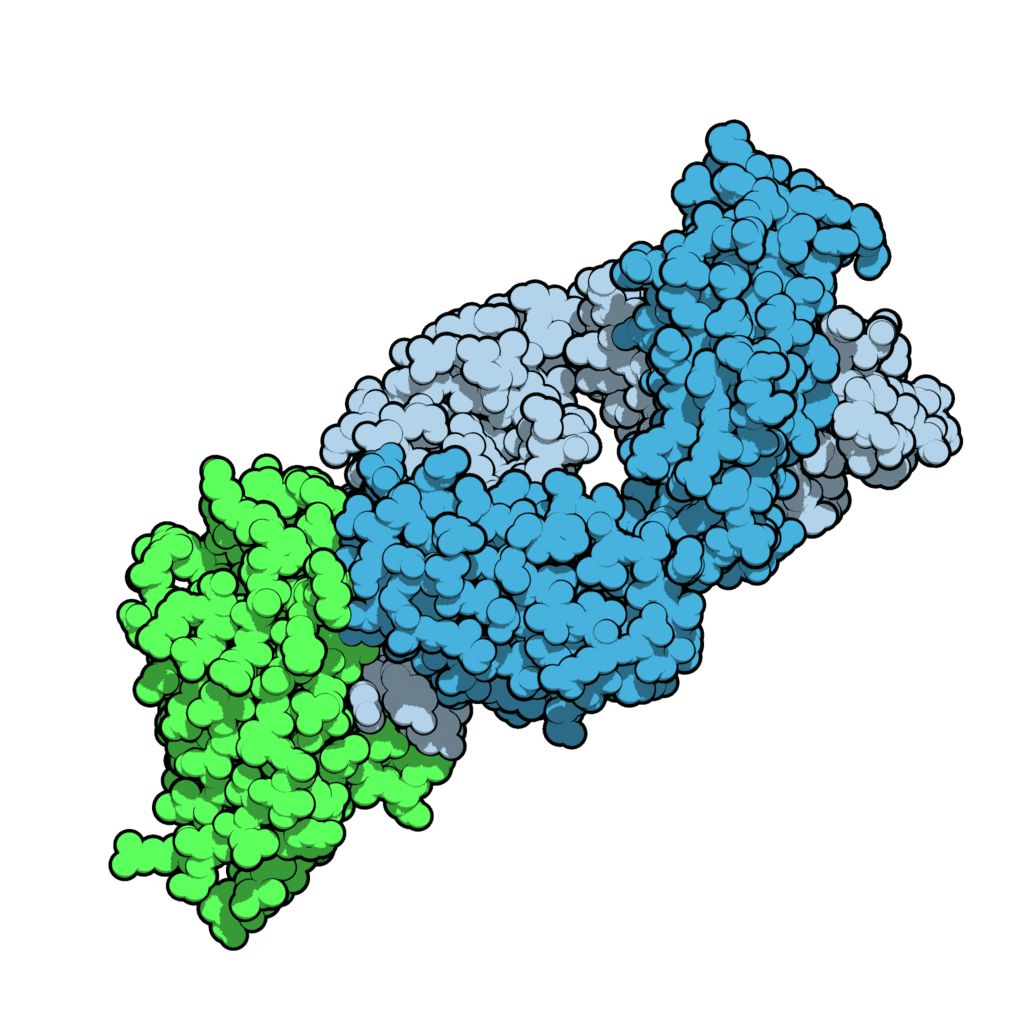November 2022: The Food and Drug Administration approved tremelimumab (Imjudo, AstraZeneca Pharmaceuticals) in combination with durvalumab for adult patients with unresectable hepatocellular carcinoma (uHCC).
Efficacy was evaluated in HIMALAYA (NCT03298451), a randomized (1:1:1), open-label, multicenter study in patients with confirmed uHCC who had not received prior systemic treatment for HCC. Patients were randomized to one of three arms: tremelimumab 300 mg as a one-time single intravenous (IV) infusion plus durvalumab 1500 mg IV on the same day, followed by durvalumab 1500 mg IV every 4 weeks; durvalumab 1500 mg IV every 4 weeks; or sorafenib 400 mg orally twice daily until disease progression or unacceptable toxicity. This approval is based on a comparison of the 782 patients randomized to tremelimumab plus durvalumab to sorafenib.
The major efficacy outcome was overall survival (OS). Tremelimumab plus durvalumab demonstrated a statistically significant and clinically meaningful improvement in OS compared to sorafenib (stratified hazard ratio [HR] of 0.78 [95% CI: 0.66, 0.92], 2-sided p value = 0.0035); median OS was 16.4 months (95% CI: 14.2, 19.6) versus 13.8 months (95% CI: 12.3, 16.1). Additional efficacy outcomes included investigator-assessed progression-free survival (PFS) and overall response rate (ORR) according to RECIST v1.1. Median PFS was 3.8 months (95% CI: 3.7, 5.3) and 4.1 months (95% CI: 3.7, 5.5) for the tremelimumab plus durvalumab and sorafenib arms, respectively (stratified HR 0.90; 95% CI: 0.77, 1.05). ORR was 20.1% (95% CI: 16.3, 24.4) in the tremelimumab plus durvalumab arm and 5.1% (95% CI: 3.2, 7.8) for those treated with sorafenib.
The most common (≥20%) adverse reactions occurring in patients were rash, diarrhea, fatigue, pruritis, musculoskeletal pain and abdominal pain.
The recommended tremelimumab dose for patients weighing 30 kg or more is 300 mg IV as a single dose in combination with durvalumab 1500 mg at Cycle 1/Day 1, followed by durvalumab 1500 mg IV every 4 weeks. For those weighing less than 30 kg, the recommended tremelimumab dose is 4 mg/kg IV as a single dose in combination with durvalumab 20 mg/kg IV, followed by durvalumab 20 mg/kg IV every 4 weeks.
View full prescribing information for Imjudo.


